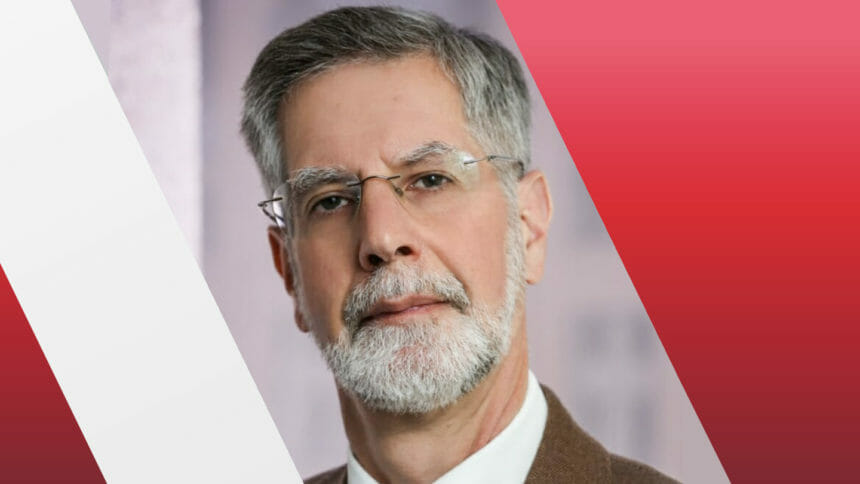
Skilled nursing facilities could be facing a severe, financially unstable future as operators try to adjust to lower patient volumes and a shift toward home care, according to Forbes columnist Howard Gleckman.
“As it has in so many other ways, the nursing home story shows how the COVID-19 pandemic exposed deep flaws in our system of care for older adults. Now, we need to figure out what to do about it,” Gleckman wrote in a Thursday column.
Recent data shows the percentage of hospital discharges to home health has remained steady (around 20%), while SNF discharges dropped from about 20% to below 15% through October, 2020. At the same time, researchers have found that SNFs accounted for just 31% of Medicare’s post-acute spending in late 2020, which is down from 39% in 2019.
That comes on top of the Choose Home Care Act push by bipartisan lawmakers. The legislation would let Medicare-eligible patients receive extended care service as an add-on to the existing Medicare home health benefit for 30 days after a hospital discharge.
“Those post-hospital transfers had been declining even before the pandemic. One reason was that patients and families chose rehab at home,” Gleckman wrote. “Another resulted from decisions by Medicare Advantage (MA) managed care plans that found at-home rehab more satisfying for its members and less costly.”
Additionally, he said that though SNFs nationwide have seen their occupancy recover to about 75%, from a low of about 71% in January, it’s still well below the 80% threshold that’s typically needed for facilities to remain profitable.
Gleckman added that the industry’s lack of staff and the rapid growth of Medicare managed care is also “squeezing SNF margins.”
“This trend raises three critical questions: How much of the shift away from SNFs for lucrative post-acute care is permanent? If it is, what will become of nursing facilities as we know them,” Gleckman said. “And how will the US adjust to increasing home-based care, much of it provided by unskilled and overburdened family members and friends?”





